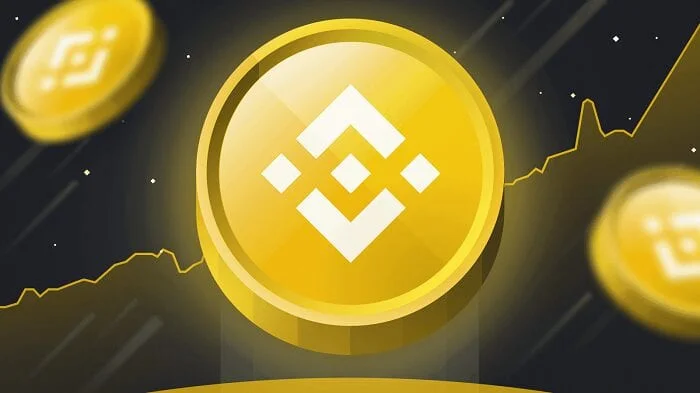The burning of tokens in the crypto space is one thing that is said to help token price. Binance as usual has destroyed about $400 million worth of BNB in its 16th quarterly token burn event.

Binance, the world’s largest cryptocurrency exchange, has completed its 16th quarterly Binance Coin (BNB) burn, burning nearly $390 million in BNB.
Binance announced on July 18 that it had destroyed 1,296,728 BNB coins worth slightly under $400 million.
A total of 5,163 BNB were destroyed through the exchange’s Pioneer Burn Program, which is designed to assist users who have lost tokens due to honest mistakes in smart contract transactions.
Binance compensates for the losses by returning tokens to users in certain conditions. The exchange then subtracts these token amounts from the quarterly burn totals.
In summary: 1,296,728 #BNB (390,855,150 USD) burned by @Binance.
The remaining 16m BNB unlocked, and moved to a team address, according to the schedule in the white paper.#Binance team has never used or sold a single team #BNB thus far, only burned them.
— CZ Binance (@cz_binance) July 18, 2021
Binance has vowed to burn 20% of the exchange’s revenues every quarter, with the most recent burn implying that the exchange made $2 billion in profit in the second quarter of 2021.
The recent burn is the second-largest in terms of fiat value in Binance Coin’s history, after a massive $600 million worth of BNB was destroyed in March.
Despite the size of the burn, it appears that the incident had minimal impact on Binance Coin markets, with BNB values moving sideways over the weekend.
BNB was trading at $301.66 at the time of writing, down less than 1% for the day. It is presently down 56% from its all-time high of $686 set on May 10th, but it is still up 700% since the start of the year.
Binance has recently faced up against regulators on numerous fronts, with the United Kingdom, Germany, and Hong Kong exerting strong regulatory pressure.
As the country’s financial regulator cracks down on unregulated cryptocurrency trading platforms, a number of high street banks in the United Kingdom have barred their customers from transacting with the exchange.
